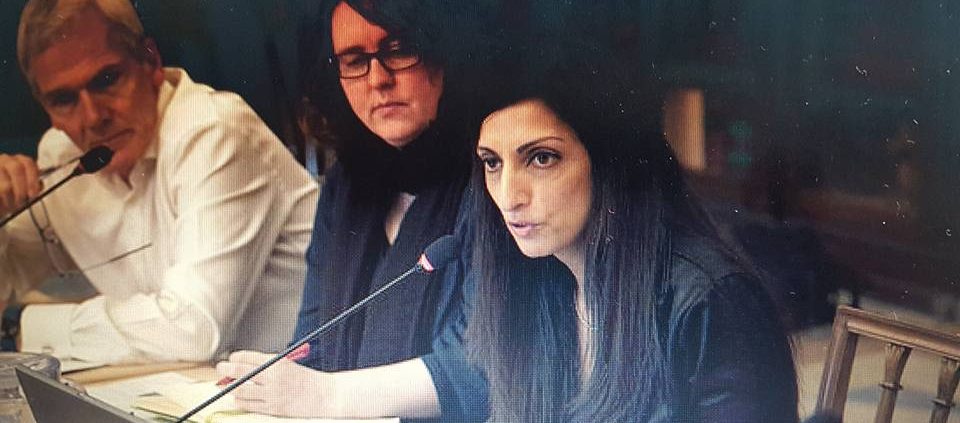
By Pria Bhabra
I was credited in Anju’s latest blog ‘My Life Changing Decision to Campaign for a Survivor of FGM – Three Years on’.
Here, I would like to add to this journey. I’ll describe how networking and one connection led to a huge ripple effect, changing the way services and decision-makers responded to Female Genital Mutilation in Leeds.
My friendship with Anju goes back a long time. Over the years, our passion for voicing concerns for communities and individuals became a mutual focus. We often discuss the impact and how we can influence change.
In 2014, Leeds City Council’s service commissioners had started to discuss FGM. They had identified a need to learn more and how they should address it. It was a difficult concept to understand. As I read up on the topic, it I was shocked. I then watched a random YouTube video and was horrified – I couldn’t sleep that night.
Over the weeks, Anju shared her knowledge about FGM with me and told me about a book entitled ‘Desert Flower’ that I too went on to read. The book told the true story of Waris Dirie (who escaped her forced marriage and eventually became a supermodel).
She also told me about a documentary called ‘The Cruel Cut’, with campaigners Leyla Hussein and Nimko Ali.
I wanted to do more, and in my role within Local Government, I was able to connect with many services and groups to support and facilitate open discussions.
A chance meeting – and the ripple effect
One day, I went to a meeting at a venue in Leeds city centre. I arrived early and instead of waiting outside the room, I went in since I could hear women talking and participating in activities. I introduced myself and joined. A lady who seemed to have heard my name before came up to me and asked if she could speak with me.
We went over to the corner and chatted. This lady’s name was Afusat. After listening to her circumstances, I asked her if she would meet my good friend for a short interview. She agreed and I put them in touch.
The next time I saw Afusat was when she was invited to speak at a BME Women’s conference, Untold Stories. She she shared her journey with the women in the audience. I still remember the quietness in the room. All I could hear were sniffles as some women wiped away their tears.
By this time, Afusat had developed a wonderful friendship with Anju and her little girls would hug her tight. For them, she was like their only hope for freedom.
I captured one of those moments in the photo of Anj, Afusat and the girls that has been used widely by the media.
Over the next few months, Anju spent a lot of time carrying out the tasks that should have done but a team of professionals. I could see her frustrations rise because of the ‘system’. Anju appeared all over social media, the radio, TV, the papers and more.
Afusat was eventually deported. It was not a decision that many of us expected, but Afusat’s story and Anju’s influence have left a positive approach in dealing with FGM in the city.
I want to take this opportunity to say thank you to Anju. Inspiration, motivation and energetic are her middle names!
Pria Bhabra is a Commissioning Officer at Leeds City Council and has driven the innovative Migrant Access Project. The project recently received international recognition with the EuroCities’ ‘Participation’ Award. The initiative was praised for its work in empowering migrant communities to support themselves, and harnessing their skills, knowledge and commitment.
Representing 130 cities across Europe, judges of the Eurocities network reserved special praise for how Leeds has worked with refugees and partners to promote community cohesion.
Inspiring Women Changemakers is a dynamic movement of people working to make the world a fairer, safer place for women. We give changemakers the communication skills, platform and connections to amplify change.
Bring your heart, your brainpower and your connections – join us!



